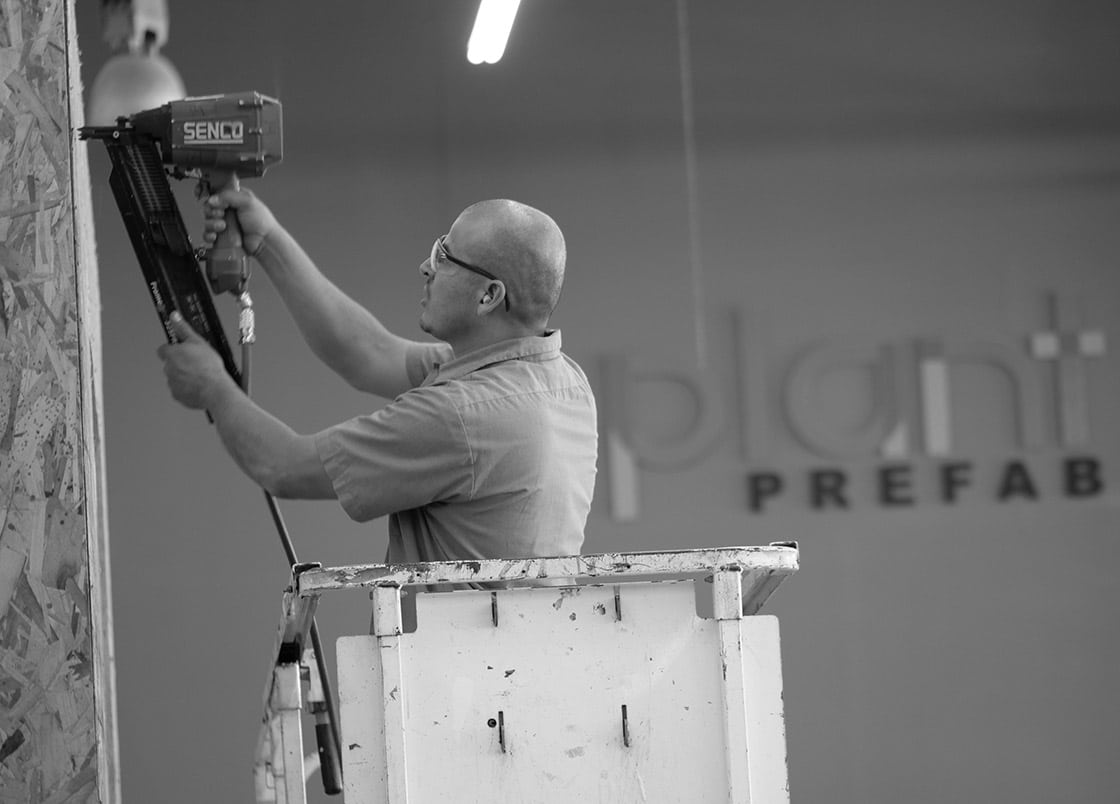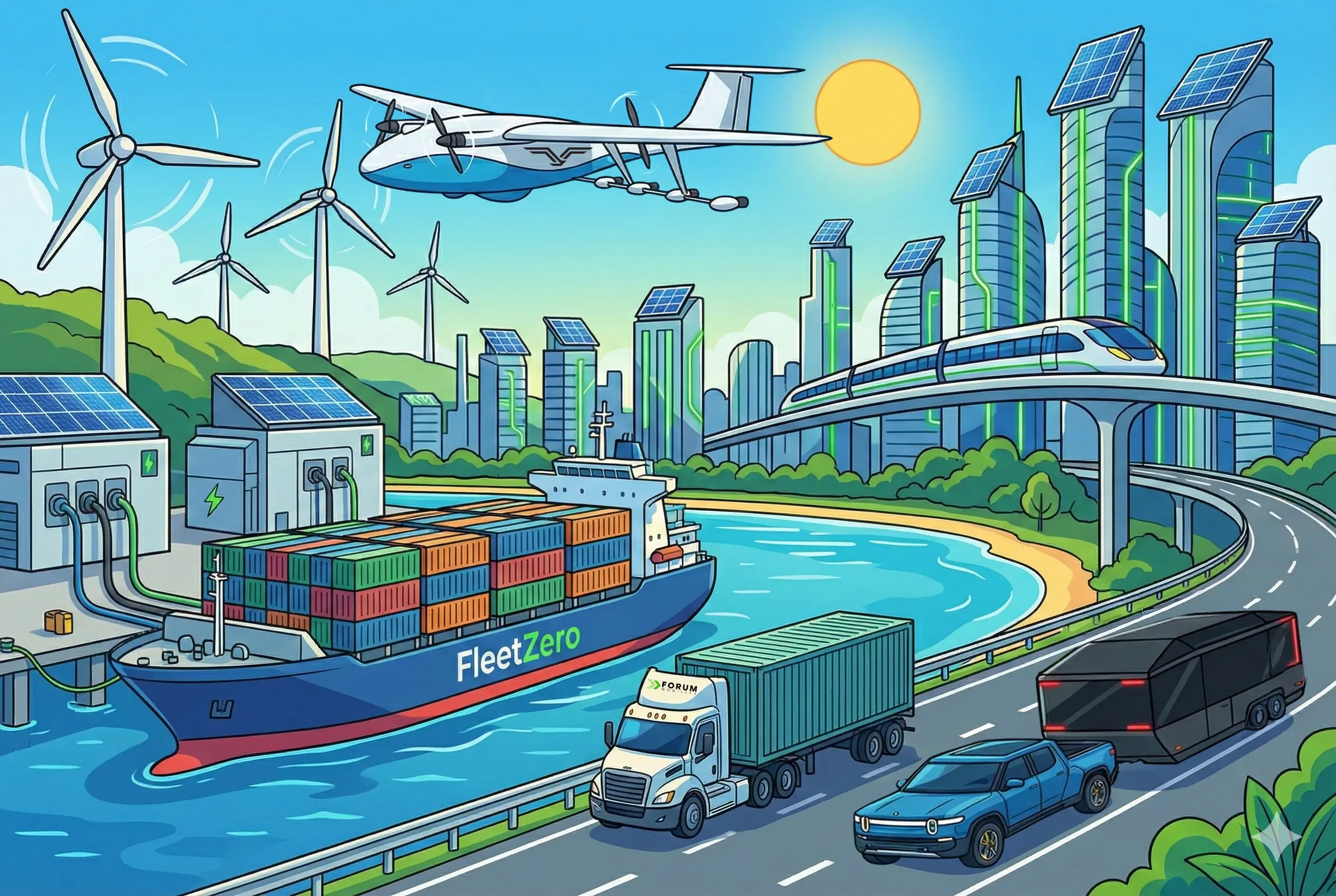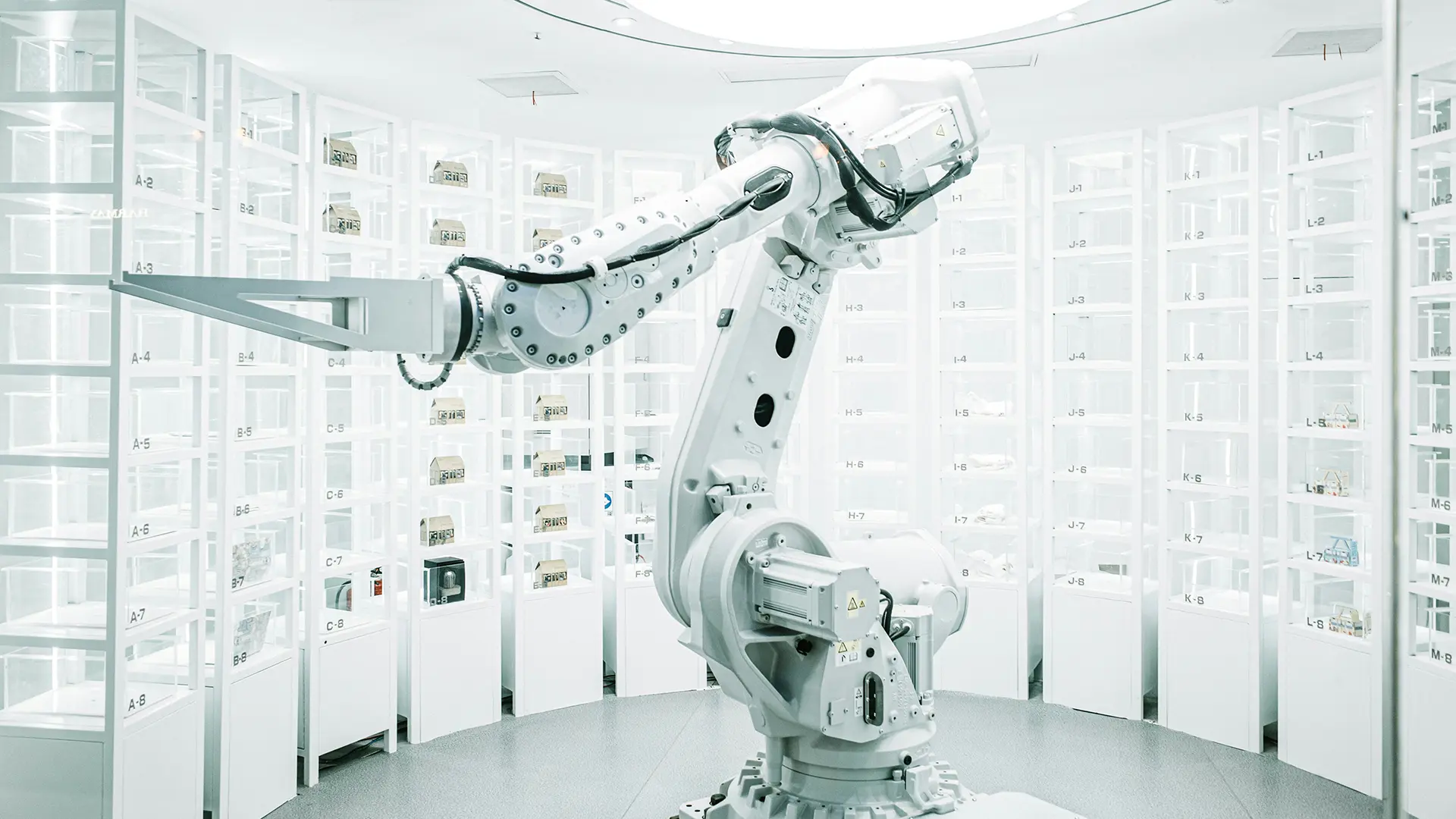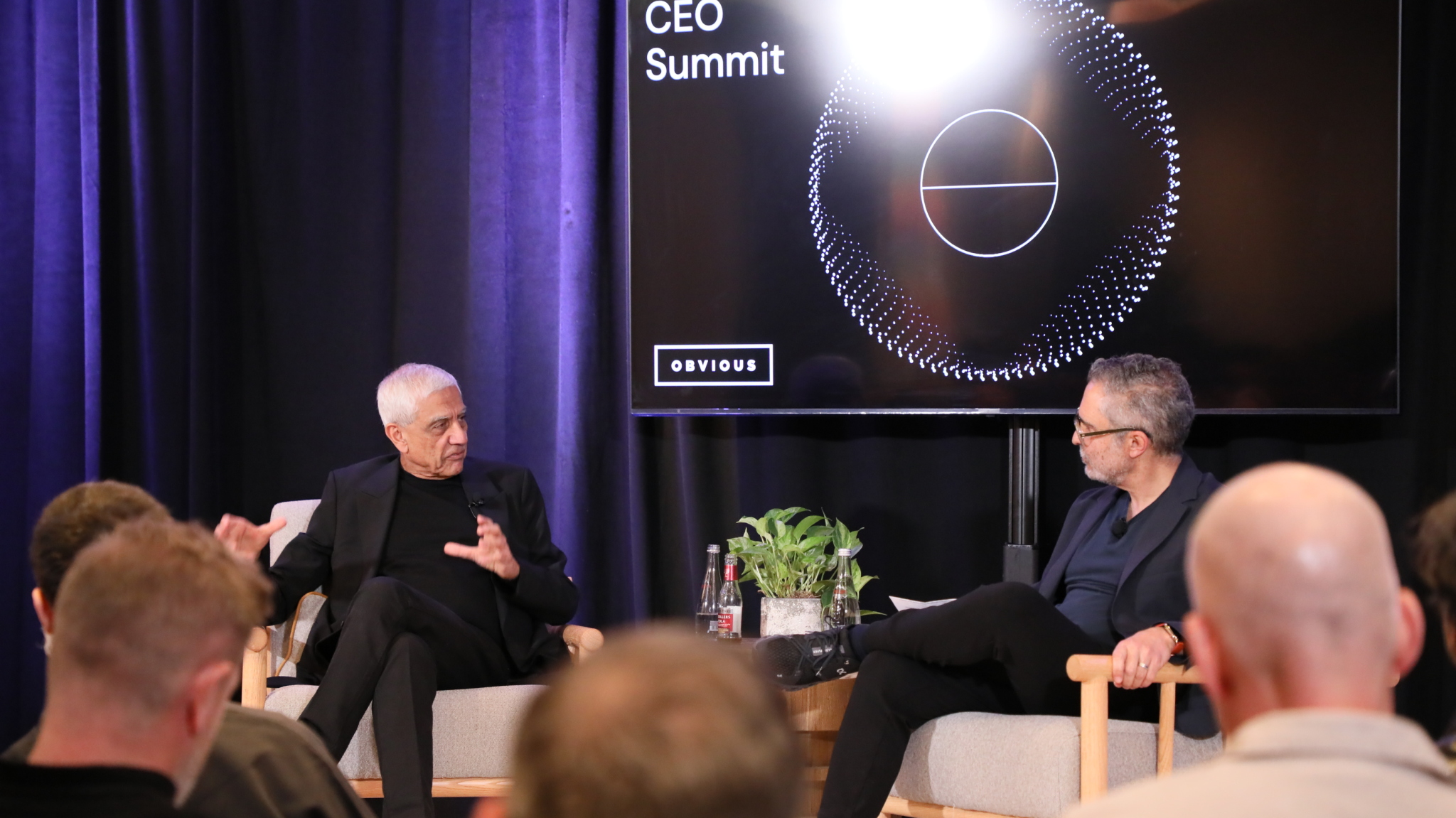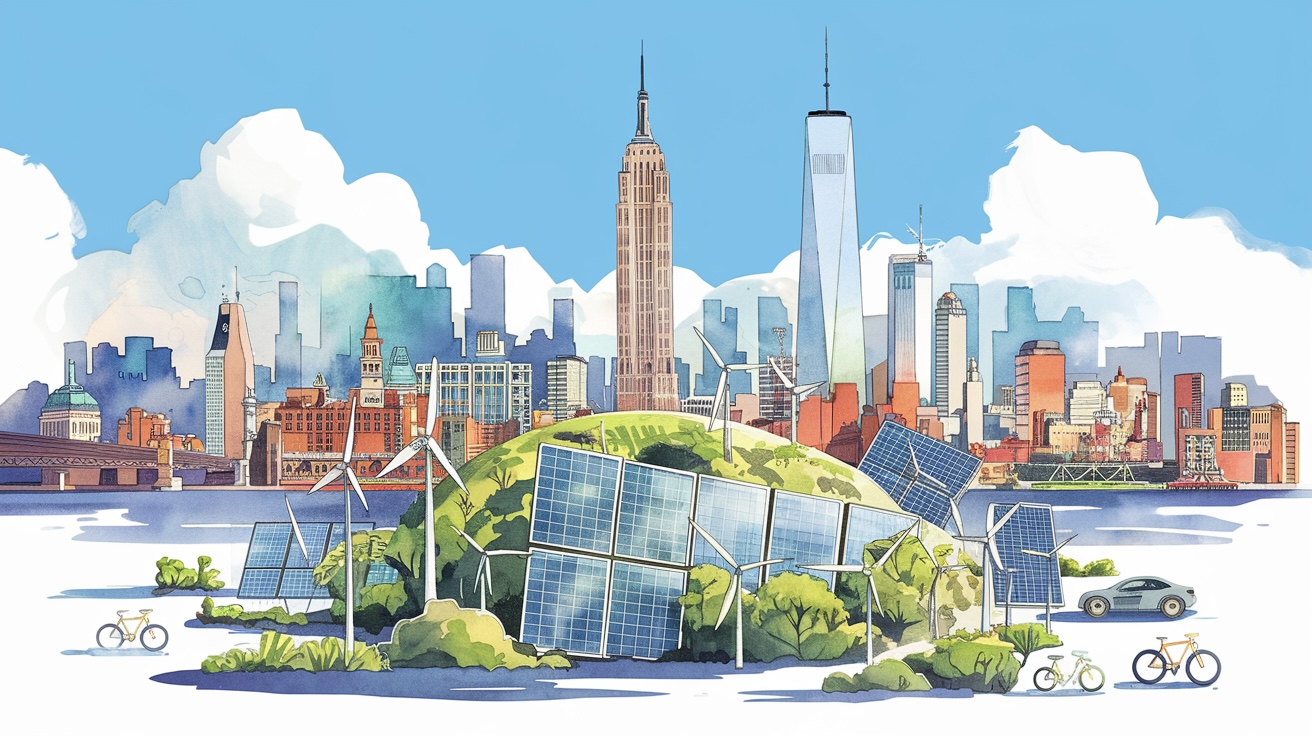Planetary Health
The Seeds of a Building Revolution
Welcome to the slow, unreliable, expensive, and dirty world of residential construction: Neighborhood disruption. Delays. Change orders. Cost overruns. Permitting problems. Noise and air pollution. Unsustainable material use.
This status quo is unacceptable to Plant Prefab founder Steve Glenn. He is building — or more aptly, manufacturing — a better world for homeowners and hopefuls, with a clear purpose: Make it easy and efficient to build custom homes that are healthy, sustainable, and durable.

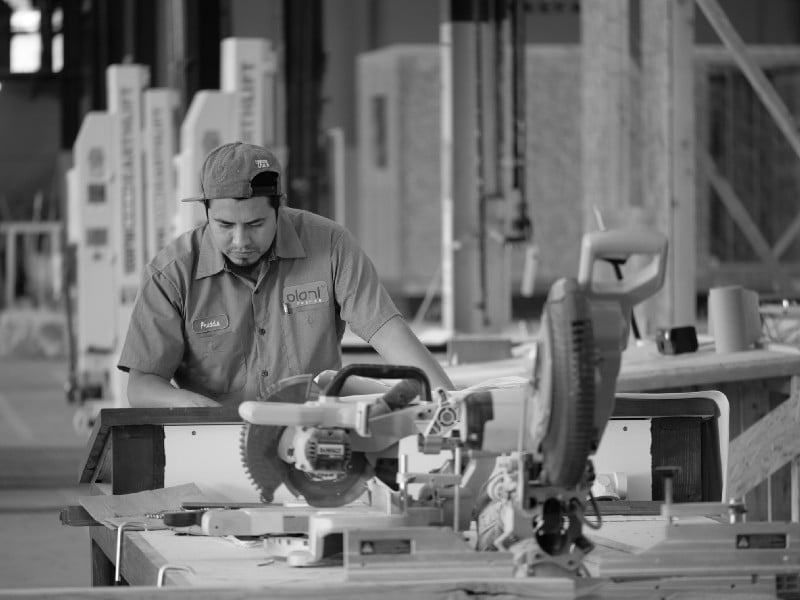
Big Problems, Big Opportunities
Amidst the buzzwords sloshing around Silicon Valley (artificial intelligence, machine learning, quantum computing, etc.) it’s surprising how little attention is paid to some of the biggest market opportunities — and residential construction is no exception, currently at $533 billion as of December 2017. Roughly $330 billion of that is for new construction.
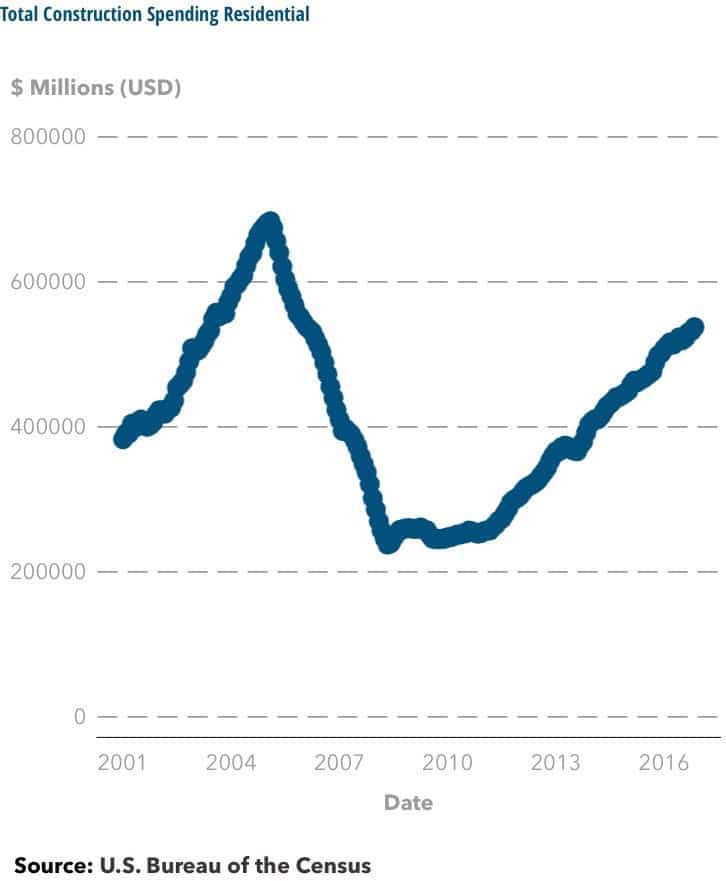
The industry is also “ripe for disruption” according to McKinsey. Where, and how, are still very much to be determined.
One area is urban infill, which represents ~20% of the total residential market in the U.S., and with increasing numbers of people moving to urban centers (40% in 1900, now at 80%) this is likely to increase over time. As people continue to flock to cities, demand for urban homes is increasing at a time when supply at the right price isn’t there to match it.

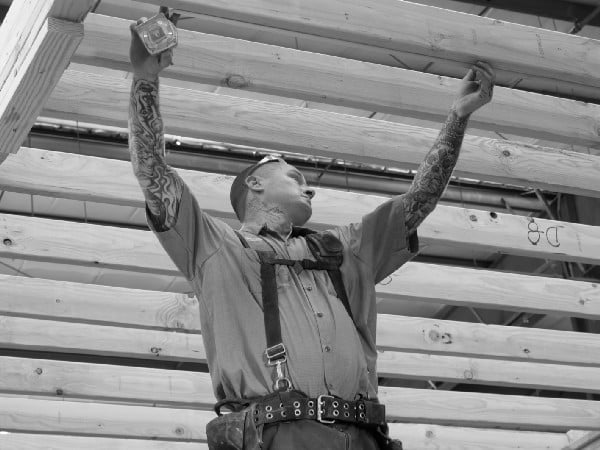

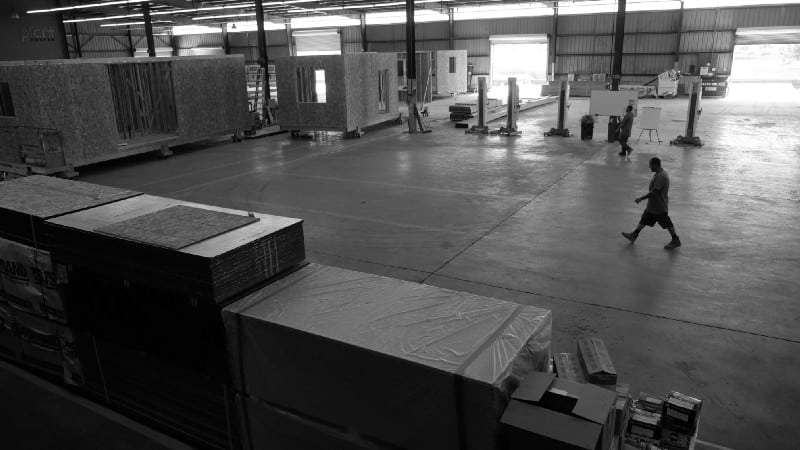

The Intersection of Property, Profit, and Purpose
The Plant Prefab model is predicated on modular prefabrication. Modular simply means “factory built,” and while it has traditionally been associated with lower quality mobile homes in the U.S., modular production is already a major home-building technique in places like Japan, Canada, and Scandinavia. This type of production enables Plant Prefab to produce higher quality homes faster (by 50%, to be precise), at a lower cost, and with less waste than more traditional methods.
With the opening of their 62,000 sq ft facility in Rialto, California, they’re also creating new American jobs.
For Steve personally, he sees this not only as an extraordinary business opportunity but a higher calling.
“I love community building. I love entrepreneurship. I love starting things that address important social issues. I have felt an onus to add value — to bring together profit and purpose.”
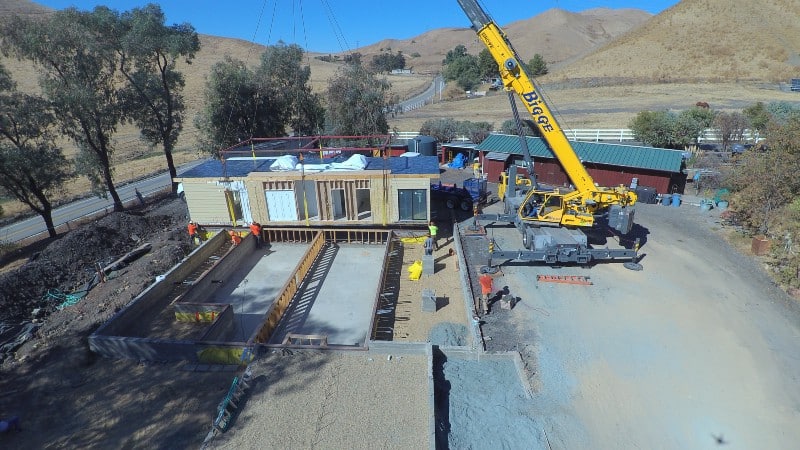
Plant has shipped six homes to date and are soon to ship its first multifamily project in Berkeley, California.
And they’re just getting started.



Obvious Ideas
